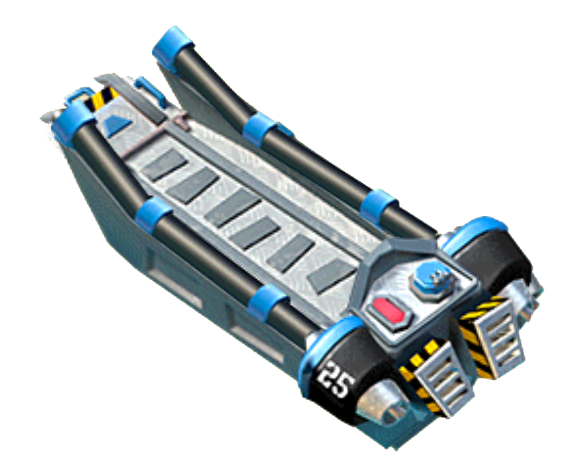

But a still more powerful impelling force was the thought that flashed from tribe to tribe that here at last was the great opportunity of showing what the present-day Maori could do in the field of battle.įor many years after the end of the last New Zealand wars the Maori had regarded his race as a dying one, doomed to extinction, as he phrased it, like the huge moa bird of his ancestors' days- Ka ngaro i te ngaro o te moa.

He was quick to perceive the truth of the motto that unity is strength, and to realise that his duty as a citizen of the Empire was to come into alignment with his white brothers and cousins against the common danger. It was easy for the modern Maori to appreciate the importance of united action in defence of the congeries of great families called the British Empire. The whole strength of the collection of families which formed the tribe was at the disposal of the paramount chief and the war-captains once a certain line of policy had been decided upon. No freeman of the hapu or iwi could suffer injury from a member of another clan and appeal in vain to his kinsmen for help in exacting justice. In the olden Maori polity the tribe came first the tribe had first claim on the strong arm of the clansman, and the tribe stood behind every one of its members. He knew what it was to give up all for a cause, an idea. With centuries of military traditions behind him, it was natural that the Maori should have been eager to shoulder rifle alongside his Pakeha compatriots in the Great War.


 0 kommentar(er)
0 kommentar(er)
